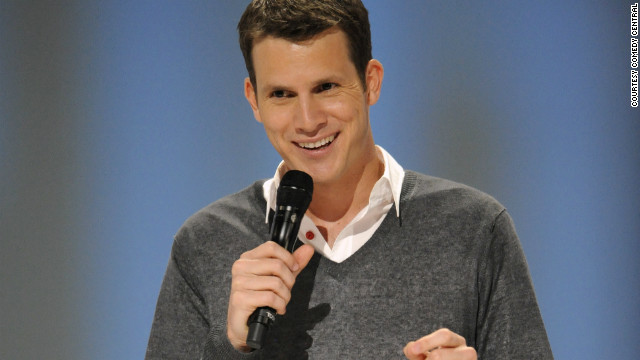 God saved me almost 10 years ago now and through that time many things have shaped my walk with Him. One of these things is periodically writing a letter or note to someone from my past letting them know who I am now, an apology for past actions and sometimes seeking forgiveness. Most of you did not know me in that time in my life but I wronged many people, especially women, as I lashed out against God and His people. Over and over as I write these notes I keep wondering whether I will receive a response and when I do they are usually surprising.
God saved me almost 10 years ago now and through that time many things have shaped my walk with Him. One of these things is periodically writing a letter or note to someone from my past letting them know who I am now, an apology for past actions and sometimes seeking forgiveness. Most of you did not know me in that time in my life but I wronged many people, especially women, as I lashed out against God and His people. Over and over as I write these notes I keep wondering whether I will receive a response and when I do they are usually surprising.
One of the times I received a response it caused a multitude of emotions. First, surprise then astonishment, and finally, anger/ frustration. Within the letter were many supportive and encouraging things, also (as usual) a skating of the issue at hand. This time the statement they said that threw me off was “Time heals all wounds, right?”. Honestly, it was the final straw the myriad of [Christian] cliches that I have encountered. These cliches are structured to give a quick answer to “help” the situation without truly addressing it.
Time heals all wounds? This phrase couldn’t be further from the truth. What if you haven’t actually forgiven the person or sought forgiveness. Another phrase that runs congruent to this one is “Forgive and forget”. The idea was first recorded by a 4 century BC Greek writer named Menander and it really has not changed since that time. The problem is that in reality, the human brain does not have the capacity to forget.
- What if you were raped?
- Molested?
- Abused?
- Cheated on?
- You fill in the blank ________________________
Forgiveness is a decision of the will. Since God commands us to forgive, we must make a conscious choice to forgive. Therefor we are to [actively] forgive. This means that we forgive much like our Father in heaven who forgive us perpetually. Christ death on the cross was not just efficient for the current sins but sufficient for us all for all time. We are not God or even a god and to suggest that time or forgetting the wrong is a catalyst for healing is silly. In one sense, it is impossible to truly forget sins that have been committed against us because we cannot selectively “delete” events from our memory. We have these ideas in our society to help each other out and give solace. Yet these sayings create more pain that relief. Bury a hurt, a pain, a wrong, use time to hopefully heal or forget the wrong and it will fester and come back much worse than you can ever imagine. Don’t believe me? Ask any psychologist, or psychiatrist and they will tell you how our society is withering under the weight of our choice to believe these lies. I love you each but this is not the way to extend Christ likeness to each other, there is a better way.
**Over the next few weeks I would love to address other Christian cliches, if there are some that you’ve wondered about please let me know in the comments below and I will try to address them in the upcoming weeks.**



 If you have missed the firestorm that Chic-fil-A has found itself in after the comments of her President Dan Cathy let me get you caught up. Cathy’s remarks last week to a Baptist Press site, which he affirmed the company’s belief in “the biblical definition of the family unit,” went viral Wednesday. He said, “”We know that it might not be popular with everyone, but thank the Lord, we live in a country where we can share our values and operate on biblical principles”. Supporters and opponents of gay unions immediately weighed in and did so heavily. From Twitter campaigns, petitions to Boston Mayor Thomas Menino telling the Boston Herald he would work to block Chick-fil-A from opening a restaurant in the city. “You can’t have a business in the city of Boston that discriminates against a population.” and this is where my interest peaked.
If you have missed the firestorm that Chic-fil-A has found itself in after the comments of her President Dan Cathy let me get you caught up. Cathy’s remarks last week to a Baptist Press site, which he affirmed the company’s belief in “the biblical definition of the family unit,” went viral Wednesday. He said, “”We know that it might not be popular with everyone, but thank the Lord, we live in a country where we can share our values and operate on biblical principles”. Supporters and opponents of gay unions immediately weighed in and did so heavily. From Twitter campaigns, petitions to Boston Mayor Thomas Menino telling the Boston Herald he would work to block Chick-fil-A from opening a restaurant in the city. “You can’t have a business in the city of Boston that discriminates against a population.” and this is where my interest peaked.